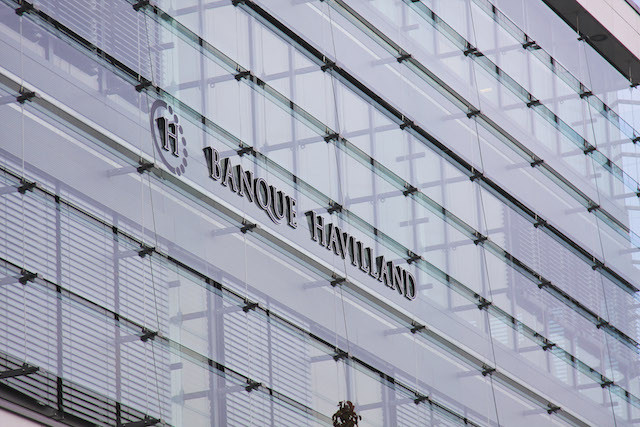Banque Havilland said it was cleared of the charges in an independent inquiry.
Reuters news agency reported on 8 April that:
“In the case, Qatar alleges Banque Havilland devised a plan to weaken the country’s riyal currency on key composite indices by submitting thousands of ‘fictitious and depreciated’ quotes, according to the court filings.
“‘But the quotes were phoney, as [the three banks] and others repeatedly refused to transact with counterparties at the prices they were quoting in public,’ the filings stated.”
The bank said outside lawyers have rejected the claims. A spokesperson for Banque Havilland told Delano on Monday that:
“In November 2017 a number of media articles have relayed references to a plan concerning Qatar in which the Bank’s name has been mentioned....
“The Bank has launched an independent forensic investigation on the matter led by external legal counsel. The investigation has established that the Bank did not engage in any transaction contemplated in the related articles published at the time.”
The bank previously noted that media reporting of the accusations said the supposed plans were “unrealistic and far-fetched.” In a press release issued on 17 November 2017, it stated:
“Banque Havilland firmly denies any allegations of improper conduct.
“The bank values its reputation and confirms that it has never executed nor did it intend to execute any of the transactions on financial instruments as referred to in the article and on a more general basis, has not engaged in such transactions other than in the normal course of its business, at levels immaterial to its overall business.”
Qatar filed the lawsuits in London and New York, Reuters said.
The other two banks are located in Saudi Arabia and the United Arab Emirates. Those countries have participated in an economic boycott of Qatar started in 2017 by several Arab countries over Doha’s alleged ties to Iran.
Banque Havilland’s “loan book stood at €523m at the end of 2017” according to its 2017 annual report (PDF), the latest available. Its investment portfolio was valued at €755m and the bank posted a profit of €5.2m. It employed 219 staff that year.
